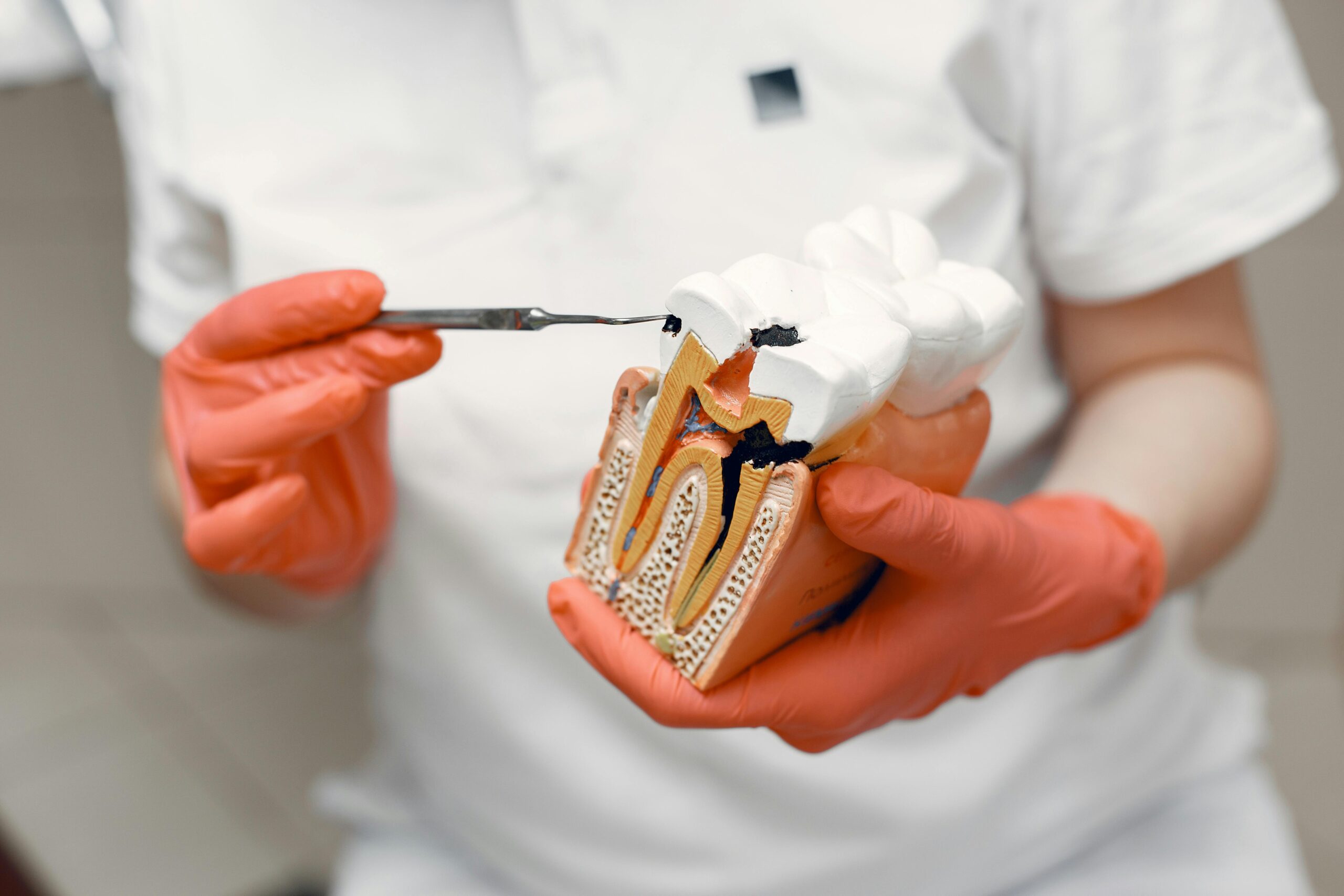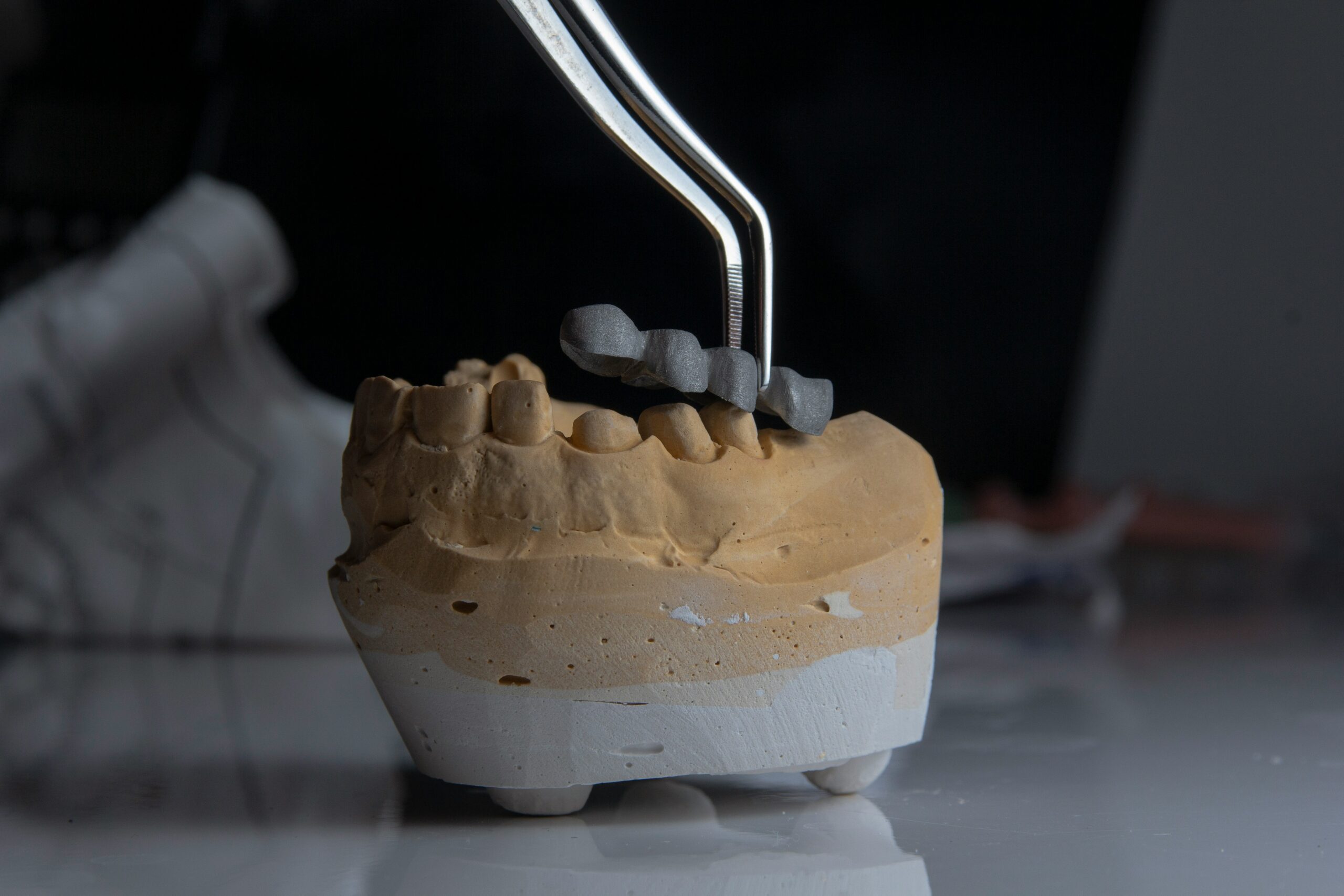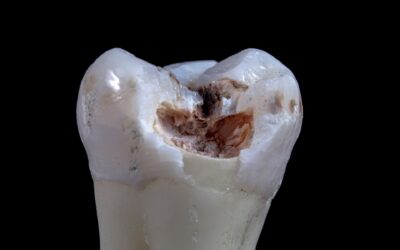Root Canal Treatment
Saving Severely Damaged & Infected Teeth with Essential Root Canal Procedures



Benefits of Root Canal Treatment
In many cases, a root canal is essential to relieve severe discomfort. However, even when it’s not strictly necessary, the procedure offers numerous benefits.
Pain relief – By removing the infected pulp, a root canal eliminates the source of your discomfort.
Tooth preservation – Avoiding extraction helps maintain your natural smile and prevents the need for replacements.
Durability – With proper care, a treated tooth can last a lifetime.
Improved oral health – Removing the infection protects neighbouring teeth and prevents complications such as abscesses.
How Long Does a Root Canal Take?
The time needed for a root canal depends on the complexity of the tooth and the extent of the decay or infection. Most root canals can be completed in one or two appointments, making them fairly quick to get through for both the oral surgeon and the patient. The location of the target pulp is also likely to impact the length of the procedure:
Front teeth – With a single root, these are typically quicker and may be finished in one visit.
Molars – With multiple roots, these may require more time and occasionally a second appointment.
At Cheslyn Hay Dental Practice, our root canal specialists prioritise patient comfort and ensure each step is carried out with care, so you can feel relaxed throughout the procedure.
Root Canal vs Tooth Extraction
If you’re considering alternatives to a root canal, you might wonder why saving the tooth is often the preferred option over removing it. Preserving your natural tooth not only maintains the structure and appearance of your smile but also helps avoid potential complications that can arise from a missing tooth.
Root Canal Treatment
Preserves your natural tooth – A root canal allows you to keep your tooth, maintaining your natural smile and bite alignment.
Aesthetic and functional benefits – With a crown or filling placed after the treatment, your tooth will look and function like normal.
Prevents complications – Removing the infection prevents it from spreading to other teeth or the jawbone.
No need for replacements – A treated tooth is durable and can last a lifetime with proper care.
Tooth Extraction:
Removes the tooth: While tooth extraction eliminates the immediate issue, it leaves a gap that can affect your bite and appearance.
Requires replacement: To avoid shifting teeth or bone loss, you’ll likely need a replacement such as a bridge or dental implant, which can involve additional procedures and costs.
Less conservative: Extraction is often seen as a last resort when the tooth cannot be saved.
Whenever possible, saving your natural tooth with a root canal is the preferred option. Our team will guide you through the process, explaining all options to ensure you feel confident in your decision regardless of which treatment method is preferred.
WHAT OUR LOVELY CLIENTS SAY…
Latest News & Updates
Stay informed with the latest news, tips and updates from Cheslyn Hay Dental Practice including expert advice, treatment insights and everything you need to keep your smile healthy.
Teeth whitening can dramatically improve your smile and boost your confidence, but what you eat afterward...
Receding gums are a common oral health problem that affects many people as they age. When gum tissue pulls...
Having a sore throat is bad enough, but why do your teeth and gums ache when you’re ill? Many people...
Have you noticed a hole or dark spot in your tooth? Whether it is painless or not, this is often a sign of...
Regular visits with your dental hygienist are essential for maintaining excellent oral health. Even with a...
If your upper teeth overlap your lower teeth more than usual, you may have an overbite. This common dental...
A toothache that flares up the moment your head hits the pillow can make sleep impossible. Night-time...
Sensitivity is a common and short-lived side effect of professional teeth whitening. It often appears in the...
Did you know that one in five people have a fear of the dentist? Dental phobia, also known as dentophobia,...
Book An Appointment For Private Dental Care in Cannock
"*" indicates required fields













